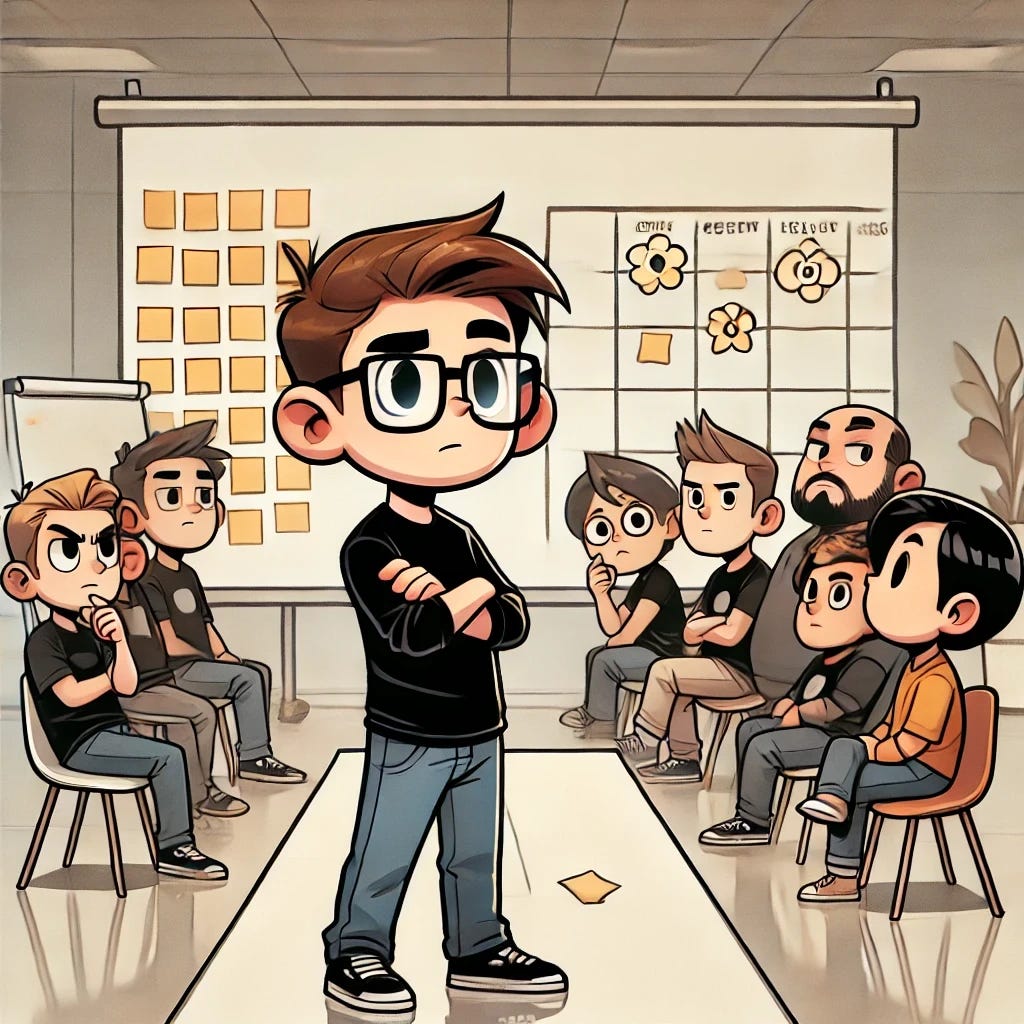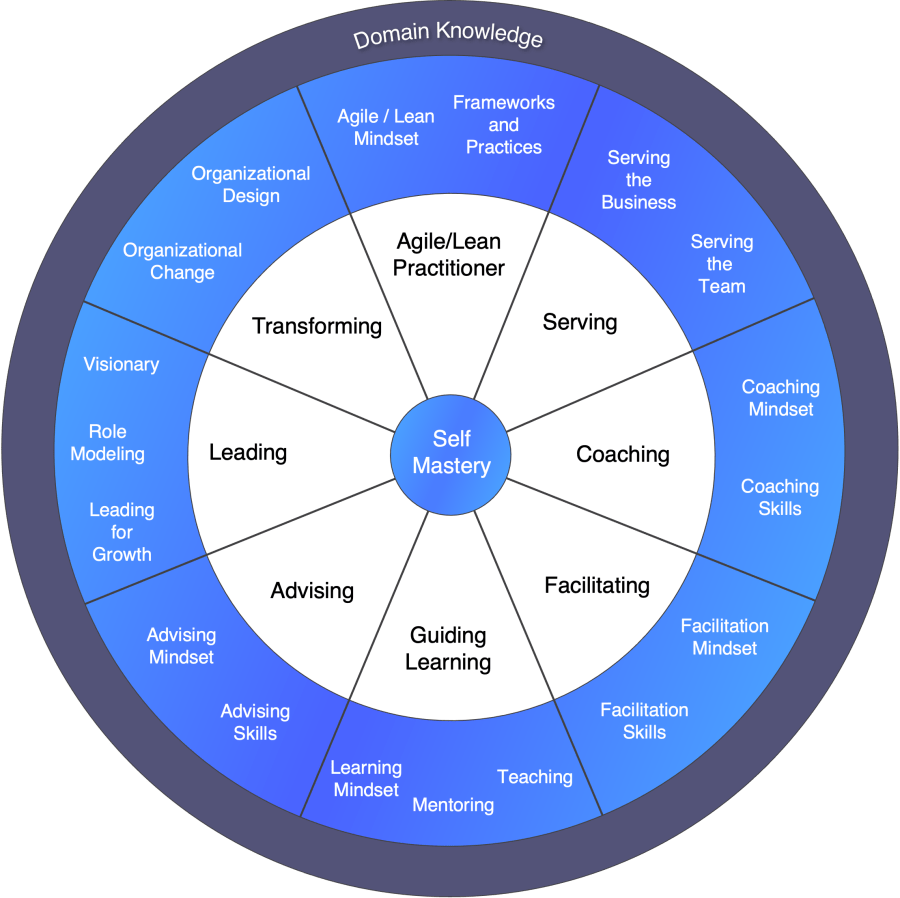Finding the Middle Ground: How Coaching Transformed My Approach to Agile Coaching
It was a team retrospective, one I’ll never forget. The room was quiet—too quiet. I’d spent hours preparing carefully crafted questions, sure they would spark insights and engagement. Instead, they led to frustration.
Finally, a team member broke the silence: “Why don’t you just tell us what you think we should do?”
That moment hit hard. I had poured so much into embracing the coaching stance and empowering the team to find solutions, yet it wasn’t working. Instead of fostering growth, I felt like I was holding them back.
From Telling to Coaching and Back Again
I leaned heavily on my expertise when I began as an Agile coach. If a team had a problem, I’d step in with solutions. But over time, I noticed that while teams executed my ideas, they weren’t growing or taking ownership of their work.
Determined to change, I swung to the opposite extreme—pure coaching. I stepped back, asked open-ended questions, and let the team lead. But before long, I faced a new challenge: teams became frustrated when they needed guidance, and I held back.
I then realised that coaching isn’t about having all the answers—or withholding them. It’s about meeting the team where they are. And to do that, I had to work on myself.
Self-Mastery: The Heart of Agile Coaching
The most significant shift in my journey was learning to let go of my ego. Coaching requires being fully present, embracing uncertainty, and trusting the team’s ability to find their way. To do this, I had to focus on myself.
Self-mastery is about cultivating emotional intelligence, being aware of your impact, and regulating your immediate response. It means stepping back from the need to control outcomes and creating a space where teams feel safe to experiment, fail, and grow.
As Socrates said, “I only know that I know nothing.” That mindset—being open, curious, and comfortable with not having all the answers—was transformative for me as a coach.
Coaching as a Path to Personal Growth
One of the most profound gifts of coaching is how it changes you. The ability to hold space for others requires deep reflection and self-awareness. It means being comfortable with ambiguity and balancing multiple stances:
Facilitating to guide group discussions.
Teaching to share knowledge when needed.
Mentoring to offer perspective.
Coaching to unlock potential.
Through coaching, I’ve learned to be present in the moment, to quiet my inner voice that craves certainty, and to trust the process. This personal growth has not only made me a better coach but also a better leader and collaborator.
The Impact of Coaching on Teams
Coaching isn’t just about you—it’s about enabling teams to thrive. The Scrum Alliance’s 2022 State of Agile Coaching report revealed that teams with access to coaching are 36% more likely to meet their delivery goals.
But coaching alone isn’t enough. Teams also need guidance, structure, and expertise. The key is knowing when to switch stances and adapt to the team's needs.
Finding the Middle Ground
The turning point in my journey was learning to reflect on my approach. Was I clinging to coaching out of fear of stepping into other stances? Was my need for control or certainty getting in the way?
Reflection tools like the Agile Coaching Growth Wheel helped me find balance, but the real work was internal. It was about letting go of ego, embracing vulnerability, and showing up authentically.
The Path Forward: Investing in Yourself
This journey is why I’m passionate about helping others develop the skills and self-mastery needed to be effective Agile coaches. Programmes like the ICF Level 1 Programme and the ICAgile Coaching Essentials Micro-Credential are designed to support this growth.
The ICAgile Coaching Essentials Micro-Credential is ideal for those starting their coaching journey or refreshing their skills at a low cost.
The ICF Level 1 Programme takes a deeper dive, integrating professional coaching techniques into Agile contexts and fostering personal transformation.
Both programmes emphasise the importance of self-awareness and adaptability, helping you navigate uncertainty and empower teams to grow.
Final Thoughts
Coaching has taught me that the most powerful tool I have is myself—not my knowledge or frameworks, but my ability to show up authentically, be present, and adapt to the needs of the moment.
If you’re ready to invest in yourself and take your coaching to the next level, I invite you to explore these programmes. Let’s grow together.



